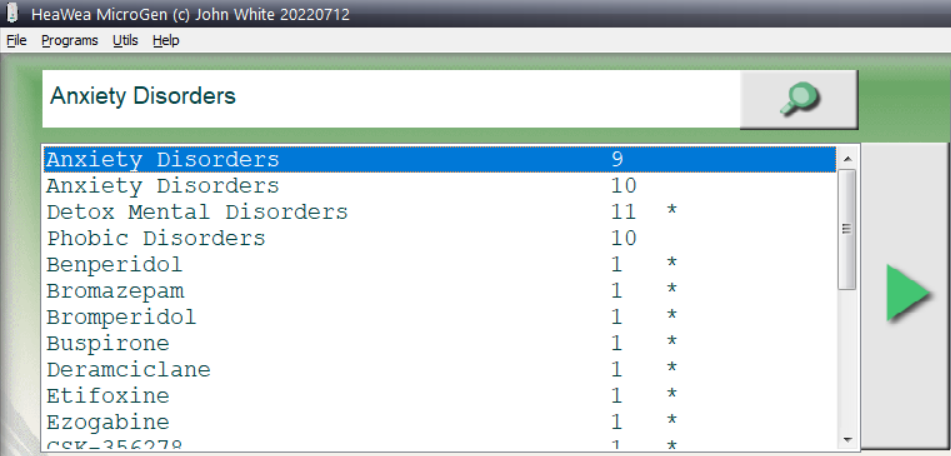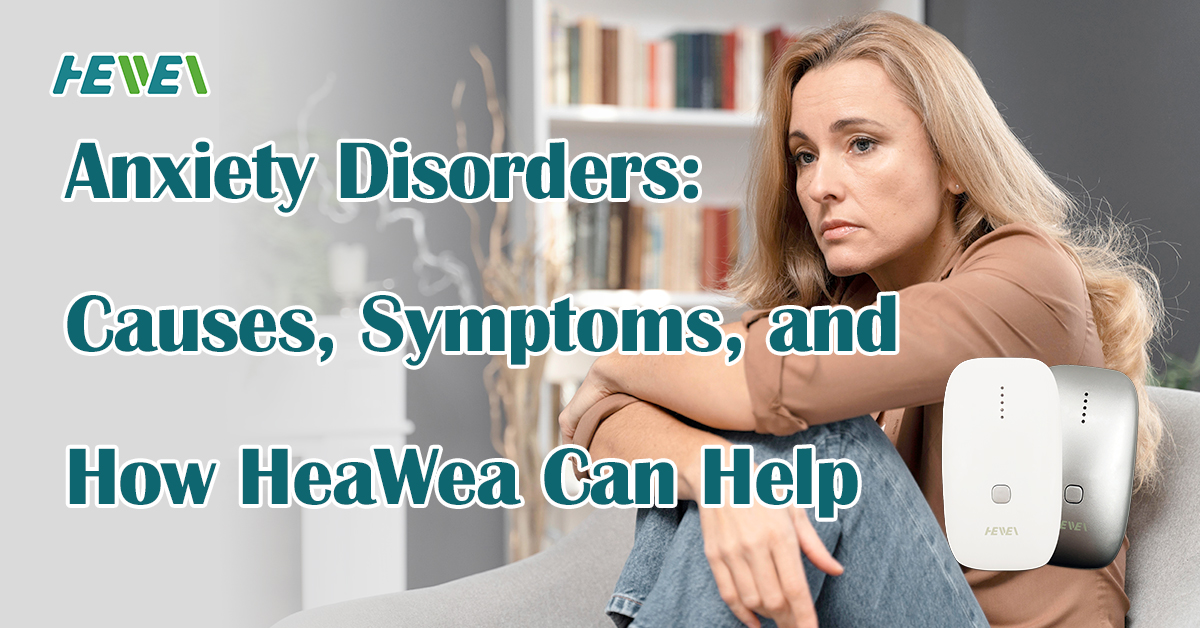Anxiety disorders are among the most common mental health conditions worldwide, affecting millions of people. While occasional anxiety is a normal response to stress, persistent and excessive worry that interferes with daily life may indicate an anxiety disorder. In this article, we will explore what anxiety disorders are, their causes, symptoms, and effective treatment options.
What Are Anxiety Disorders?
Anxiety disorders are a group of mental health conditions characterized by excessive fear, worry, or nervousness. Unlike normal anxiety, which is temporary, anxiety disorders involve persistent symptoms that can disrupt a person’s ability to function in daily life. Common types of anxiety disorders include:
Generalized Anxiety Disorder (GAD) – Persistent, excessive worry about various aspects of life.
Panic Disorder – Recurrent panic attacks with intense fear and physical symptoms like rapid heartbeat and shortness of breath.
Social Anxiety Disorder – Extreme fear of social situations and interactions.
Phobias – Intense fear of specific objects, situations, or activities.
Obsessive-Compulsive Disorder (OCD) – Uncontrollable thoughts (obsessions) and repetitive behaviors (compulsions).
Post-Traumatic Stress Disorder (PTSD) – Anxiety symptoms following a traumatic event.
Causes of Anxiety Disorders
The exact cause of anxiety disorders is not fully understood, but several factors contribute to their development:
Genetics – A family history of anxiety disorders increases the risk.
Brain Chemistry – Imbalances in neurotransmitters like serotonin and dopamine can contribute to anxiety.
Environmental Stressors – Stressful life events, trauma, or major life changes can trigger anxiety.
Personality Traits – People who are more prone to negative thinking or have low self-esteem may be more susceptible.
Medical Conditions – Some health issues, such as heart disease or thyroid disorders, can mimic or exacerbate anxiety symptoms.
Symptoms of Anxiety Disorders
Anxiety disorders can manifest in both physical and psychological symptoms, including:
Excessive worrying and restlessness
Rapid heartbeat and shortness of breath
Muscle tension and trembling
Difficulty concentrating and irritability
Sleep disturbances and fatigue
Gastrointestinal issues like nausea or stomach pain
These symptoms can vary in intensity and duration, often worsening during stressful situations.
Treatment and Management of Anxiety Disorders
Anxiety disorders are highly treatable, and various approaches can help individuals manage their symptoms effectively.
1. Psychotherapy (Talk Therapy)
Cognitive Behavioral Therapy (CBT) is one of the most effective treatments for anxiety disorders. It helps individuals identify and change negative thought patterns that contribute to anxiety.
2. Medication
Selective Serotonin Reuptake Inhibitors (SSRIs) and Serotonin-Norepinephrine Reuptake Inhibitors (SNRIs) are commonly prescribed to help regulate brain chemistry.
Benzodiazepines may be used for short-term relief, but they carry a risk of dependence.
3. Lifestyle and Self-Help Strategies
Regular Exercise – Physical activity can reduce stress and improve mood.
Mindfulness and Relaxation Techniques – Practices like meditation, deep breathing, and yoga can help manage anxiety.
Healthy Diet – Reducing caffeine, alcohol, and processed foods may improve symptoms.
Good Sleep Hygiene – Maintaining a consistent sleep schedule can help regulate mood and anxiety levels.
4. HeaWea Microgen Helps with your anxiety

Read the post below to learn where to place the TENS pads.



